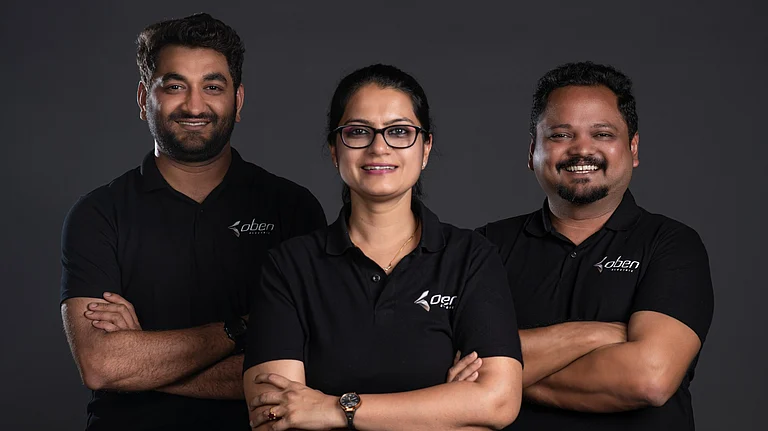Software start-up Testsigma said on Wednesday it has raised $8.2 million in a funding round led by MassMutual Ventures and plans to use the proceeds to expand in the generative AI (GenAI) vertical. Previous investors Accel, STRIVE, and BoldCap, which funded $4.6 million in 2022, also participated in the round.
"This fundraise will help us invest more in product engineering and will help us accelerate the various projects that we are internally working on, one of them being generative AI. We have been investing heavily in GenAI, and our customers are rapidly adopting generative AI practices,” said Rukmangada Kandyala, founder and CEO of Testsigma.
Speaking about the new AI capabilities, Kandyala added, “With the new GenAI capabilities and our new product for the Salesforce ecosystem, we get one step closer to our vision of building the operating system for quality engineering teams. We have been investing heavily in GenAI, and our customers are rapidly adopting generative AI practices.”
Anvesh Ramineni, Managing Partner at MassMutual Ventures, said, “We are witnessing a significant change in how QA teams approach automation. Testsigma’s AI-driven, low-code solution enables multiple user profiles, including manual testers and business analysts, to contribute to faster software releases.”
Based in Bengaluru, Testsigma enables users to rapidly create, manage, and execute end-to-end, automated tests for web and mobile apps and APIs using plain English.
The International Data Corporation predicts that by 2028, generative AI tools will be able to write 70 percent of software tests, reducing the reliance on manual testing and enhancing test coverage, software usability, and code quality.
The report also forecasts that by 2028, natural language will become the most commonly used programming language, with developers utilising it to create 30 per cent of new applications. Highlighting the importance of AI and software testing, a statement by Testsigma says, “Ultimately, AI is transforming software testing from a labor-intensive and error-prone process to a quicker and more reliable one.”
(With inputs from PTI)






























